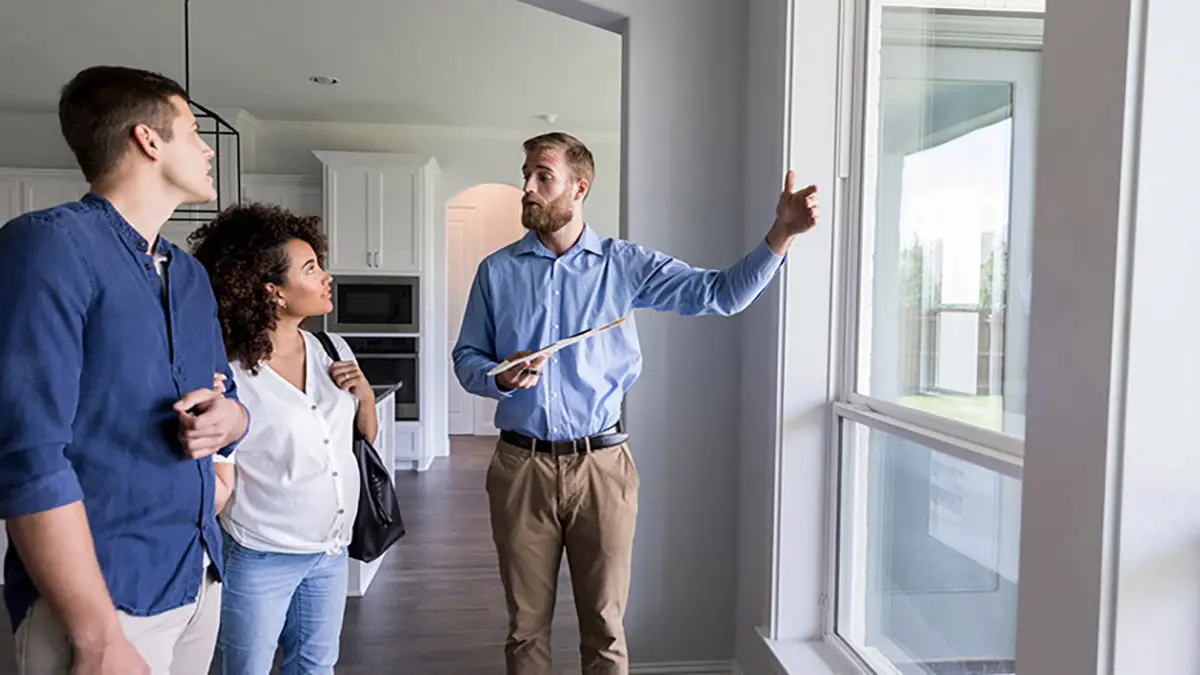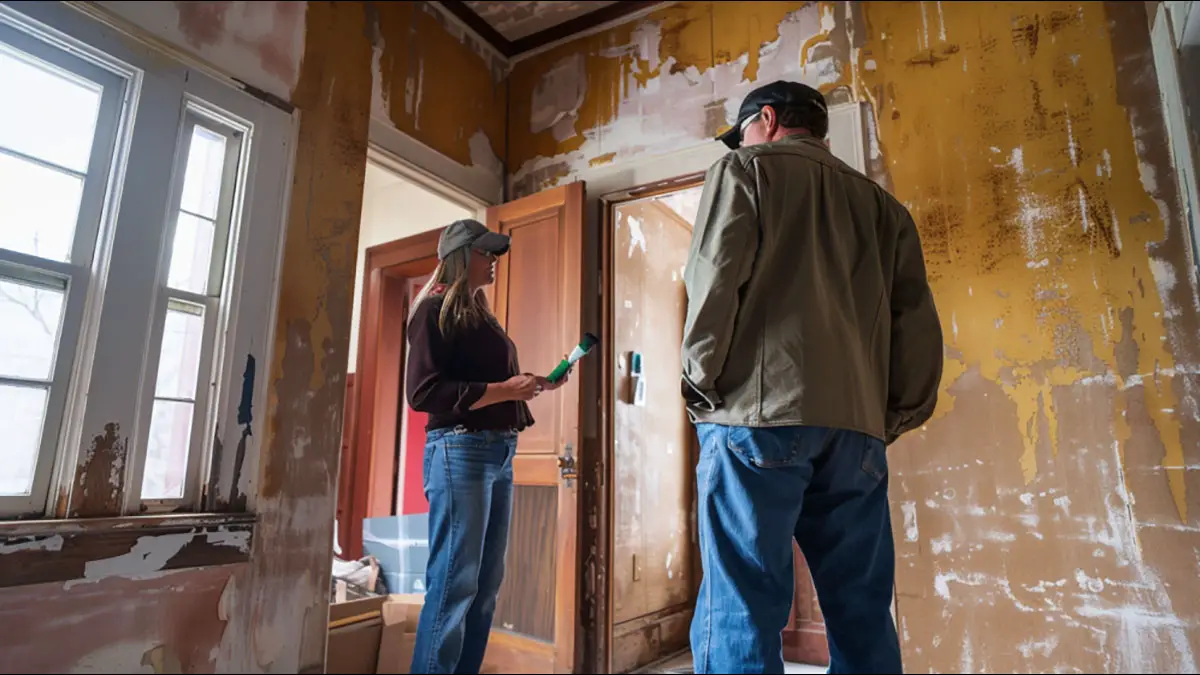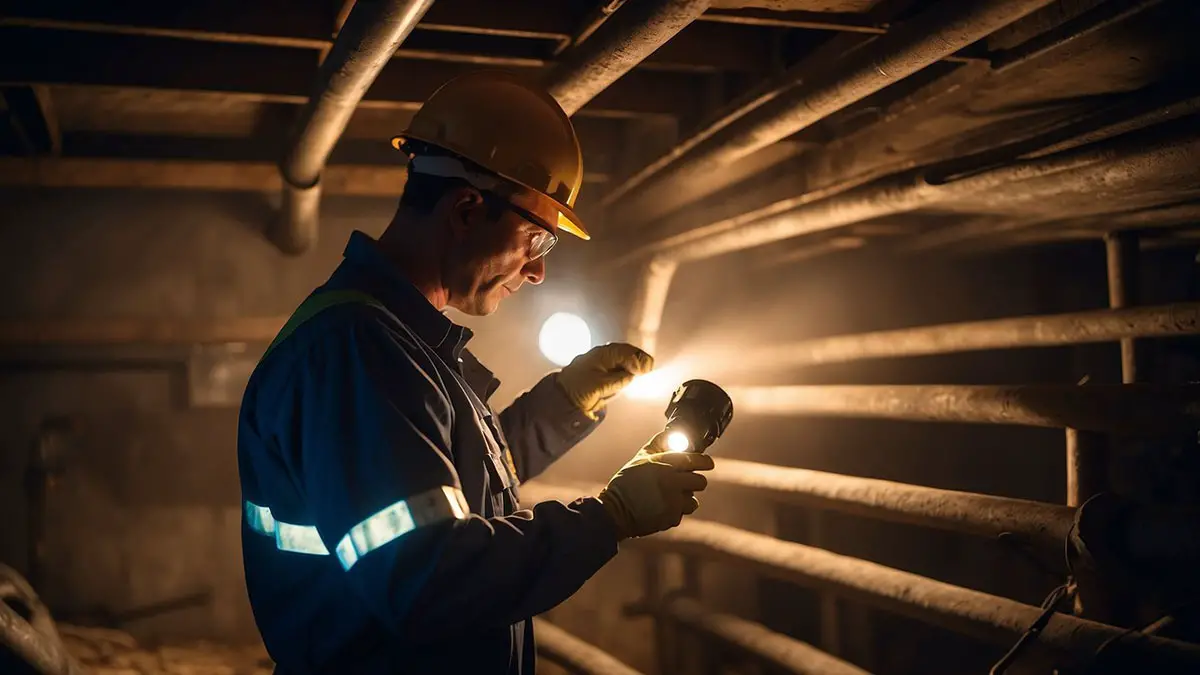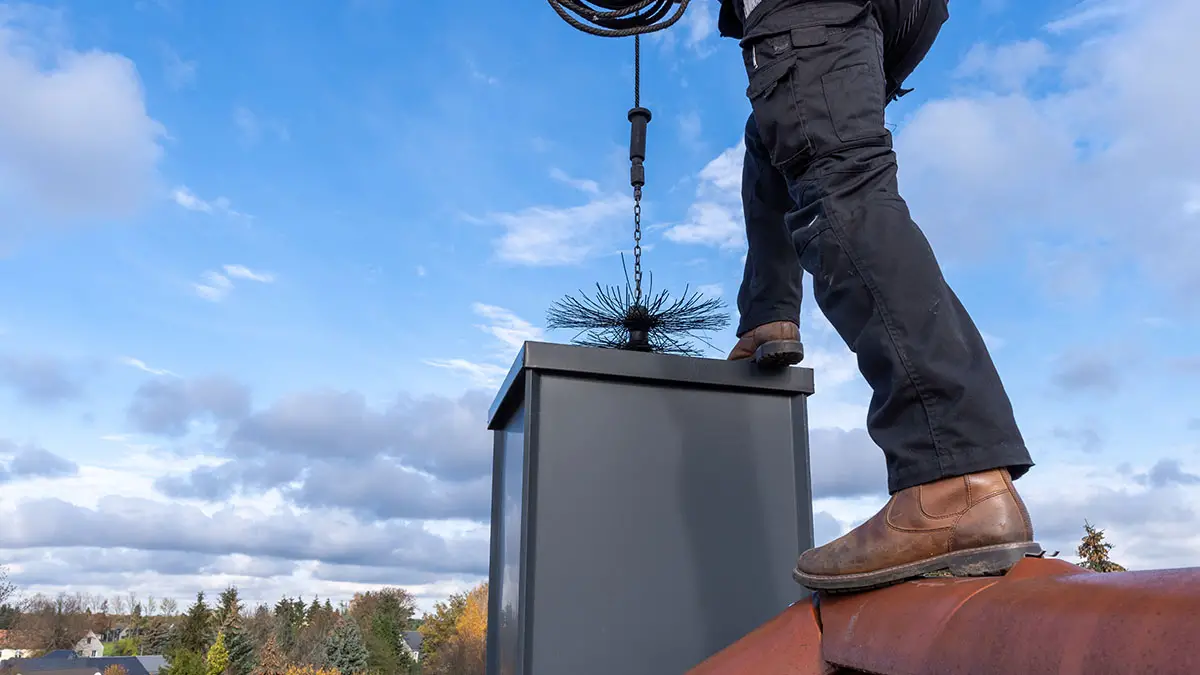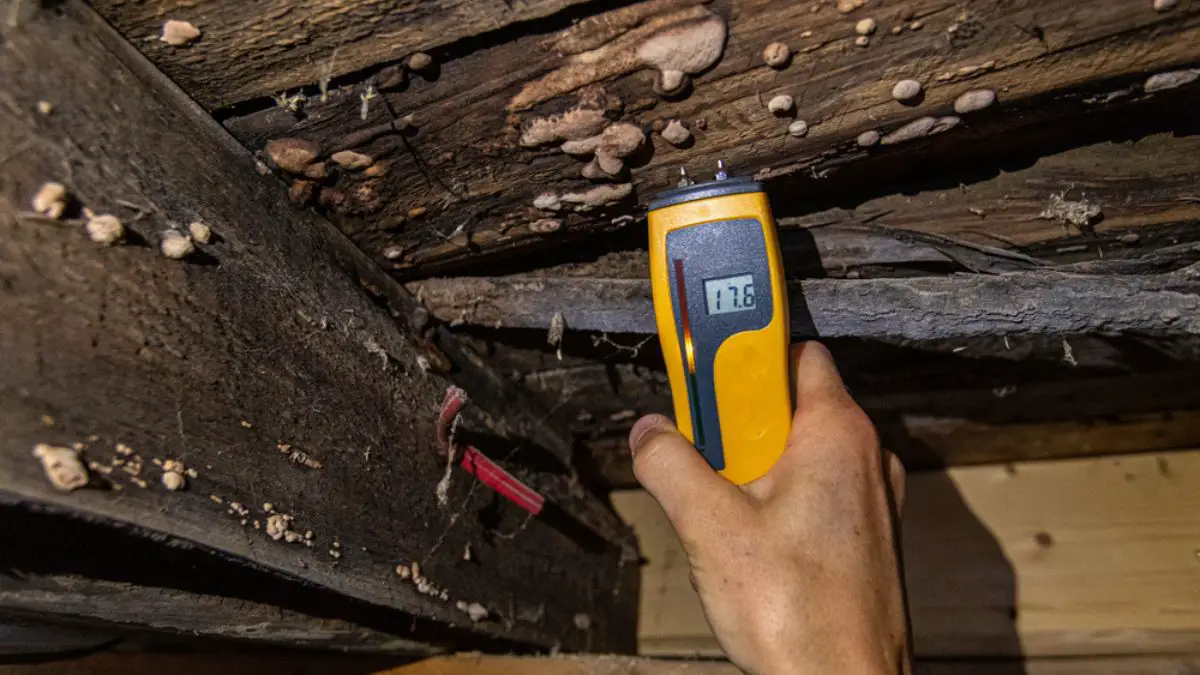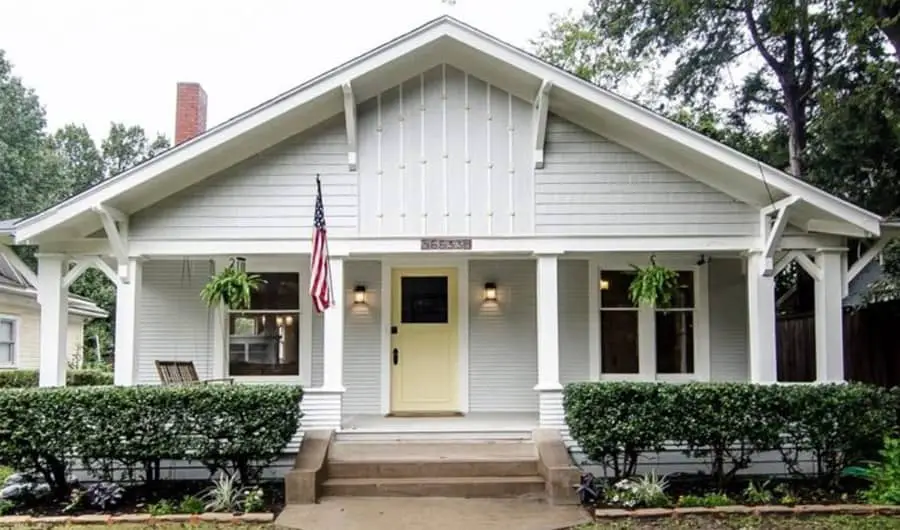
Many people don’t inspect their homes unless there’s visible damage or the property is about to go on the market. This approach sometimes ends up being very costly. A home inspection could identify could have prevented problems that were visible months ago. This is why it is essential to inspect a house regularly.
On average, a certified home inspector should inspect a house once a year. Moisture and termites can damage the structure of a house very quickly, which is why annual inspections are necessary. A yearly inspection allows you to identify and address problems early. Homes less than 10 years old can be okay with having a home inspection once every 3 years. A thorough home inspection every 5 years is crucial to good home maintenance, regardless of age.
In short, routine annual home inspections help prevent major issues from developing in the first place. And yes, even new construction homes need yearly inspections.
How often should you inspect a basement or crawl space? You should check your basement or crawl space twice a year. Unfinished basements and crawl spaces are often damp spaces that have limited airflow. They are prone to high moisture levels, which attract wood-destroying organisms such as termites and mold.
How often should you inspect a house with a concrete slab? If your house has a concrete slab foundation, a home inspection is ideal every one to two years.
A home inspection costs about $400 (depending on size), a small price to protect your investment. A professional home inspection can help you prevent more severe structural damage. The rest of the article will examine what a home inspector can do for you, how to find one, and how often you should get specialized inspections for various aspects of the house.
Still not convinced? Here are 21 Reasons Why You Should Have a Home Inspection.
Who Is a Home Inspector
Home inspectors are professionals specially trained in unearthing and reporting structural problems in a house. Many people call them in during a home sale or purchase, but you can also count on them to give you an overview of the state of your house at any time.
How to Find a Home Inspector
You can find a qualified home inspector by taking recommendations from your inner circle. If you can’t get a recommendation, you can search online. Home inspectors are certified in most states.
If you are in a state where certifications don’t apply, you can look for inspectors members of the American Society of Home Inspectors. This way, you can be sure about the professionalism of your home inspector. Don’t forget to vet them thoroughly to choose the inspector with the most relevant experience.
What Do Inspectors Look at During a House Inspection
During an inspection, a house inspector will thoroughly analyze your home’s physical structure and mechanical systems. The examination will scrutinize the following systems:
- Plumbing
- Electrical
- Heating and cooling
- Insulation
- Roofing
- Windows and doors
- Flooring, walls, and ceiling
- Basement
- Attic and crawl spaces
- Basement
However, you should know that this house inspection will only give some insight into your home’s overall condition. The inspectors are generally not equipped to uncover hidden problems such as mold growth, pest infestation, or issues with underground structures like your wells and septic tanks.
These problems require extra inspections by industry professionals. Additionally, you may only need specialized house inspections focusing on specific structures or parts of your home. This is especially true if you got at least a general inspection in the last five years. The rest of the article will cover these special inspections and how often you should contact them.
On average, you should plan for a thorough home inspection to take about 3 hours. Home inspectors in two teams can complete the inspection in less than 2 hours. Inspection reports often take about 24 hours to be delivered.
How Often Should Your House Plumbing Be Inspected
Generally, a professional should inspect your plumbing system every two years. However, there are scenarios where you can increase the frequency of your plumbing inspections. They include the following:
- Your house is more than fifty years old. Homes built in the 1960s typically have steel pipes in their plumbing system. These pipes have deteriorated over the years. Therefore, they need regular monitoring to prevent leaks, bursts, and lead from entering your water supply.
- You have old trees in the yard. Mature trees often mean extensive root systems that can rupture your underground pipes. Such damages can go undetected for years without professional guidance.
- You moved to a new house. As you’ve seen above, a general home inspector will not identify all the underlying plumbing problems in your new home. On the other hand, a plumbing professional can provide in-depth scrutiny and help you avoid plumbing discomfort when you’ve settled in.
What Happens During a Plumbing Inspection
During a plumbing inspection, the plumber will examine your filtration system, supply lines, drains, and sinks. A plumber will check the house’s toilets, showers, and water taps for any defects. There may also be a video inspection of your underground systems and sewer pipes.
How Long Does a Plumbing Inspection Take
If no major problems affect the job flow, a plumbing inspection can be completed in less than 45 minutes. A plumbing and septic tank inspection are very different and often need to be done by a plumber and a septic contractor.
How Often Should You Inspect Your House for Termites
Termite inspections are critical to avoid more severe damage to your home’s structure. Generally, you should bring in a pest control expert every year to inspect your house. However, if you live where pests like termites thrive, you may need to schedule more frequent visits. The pest control professional should offer advice on the regularity of inspections.
During the inspection process, the professional will analyze your home to see if various pests have already established a presence there. If they find any evidence, the focus will shift to extermination and ensuring that the pests don’t become a significant menace.
Termites are often the most difficult pests, but rats, squirrels, and raccoons can cause serious problems. They can chew through wires and wooden structures, causing structural damages that will cost money. Sometimes, they can damage your home’s insulation, leading to a higher energy bill.
Apart from common pests, it is expected to find unwanted (and sometimes dangerous animals) secretly sharing your home with you. The pest inspection should uncover all of them.
What Happens During a Pest Inspection
The bulk of the process involves watching out for the tell-tale signs of the activities of specific pests around the home. The experts will focus on using these signs to narrow down the infestation site in your home.
How Long Does a Pest Inspection Take
Your home’s size and the number of rooms to cover will determine the length of time a home inspection will take. You should expect the process to take a couple of hours.
How Often Should You Inspect Your Roof
Most professionals recommend having your roof inspected twice yearly and immediately following major weather events. The exact spacing will come down to the roofing materials used. Roofs made of wood shakes or shingles will need more regular inspections than tile or metal ones.
The inspection will generally focus on monitoring the impact of aging on the roof, but in some cases, it can also unearth structural damages caused by severe weather events. Even when they have started causing problems, such damages can cost you much money in the long run.
What Happens During a Roof Inspection
If you have hired a thorough professional to inspect your roof, you can expect them to check your roofing system on the inside and the outside. The interior inspection will examine your attic to find any signs of moisture and mold, analyze insulation levels, and check the ventilation level.
On the other hand, the external inspection will check for leaks and ice dams and confirm the condition of your chimney and shingles.
How Long Does a Roof Inspection Take
Generally, you should expect the roof inspection to be over in under an hour. However, if there are deeper problems, it could take longer. Additionally, your roof’s structure and size can make it harder for the roofing professional to get around quickly or easily.



